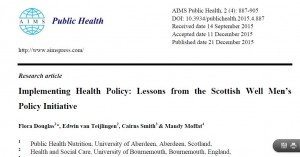 Our latest paper and the last one for 2015, published the day before Christmas. The paper ‘Implementing Health Policy: Lessons from the Scottish Well Men’s Policy Initiative’ appeared in AIMS Public Health [1]. The paper draws on evaluation research led by Dr. Flora Douglas (University of Aberdeen). This was a set of evaluations of the Well Men’s Health projects which were part of an initiative running in many health regions (or health boards as they are called in Scotland).
Our latest paper and the last one for 2015, published the day before Christmas. The paper ‘Implementing Health Policy: Lessons from the Scottish Well Men’s Policy Initiative’ appeared in AIMS Public Health [1]. The paper draws on evaluation research led by Dr. Flora Douglas (University of Aberdeen). This was a set of evaluations of the Well Men’s Health projects which were part of an initiative running in many health regions (or health boards as they are called in Scotland).
 The focus of this particular paper centres around the fact that little is known about how health professionals translate government health policy into action [2]. Our paper examines that process using the Scottish Well Men’s Services policy initiative as a ‘real world’ case study [1]. These Well Men’s Services were launched by the Scottish Government to address men’s health inequalities. Our analysis aimed to develop a deeper understanding of policy implementation as it naturally occurred. We used an analytical framework that was developed to reflect the ‘rational planning’ principles health professionals are commonly encouraged to use for implementation purposes.
The focus of this particular paper centres around the fact that little is known about how health professionals translate government health policy into action [2]. Our paper examines that process using the Scottish Well Men’s Services policy initiative as a ‘real world’ case study [1]. These Well Men’s Services were launched by the Scottish Government to address men’s health inequalities. Our analysis aimed to develop a deeper understanding of policy implementation as it naturally occurred. We used an analytical framework that was developed to reflect the ‘rational planning’ principles health professionals are commonly encouraged to use for implementation purposes.
Our analysis revealed four key themes: (1) ambiguity regarding the policy problem and means of intervention; (2) behavioral framing of the policy problem and intervention; (3) uncertainty about the policy evidence base and outcomes, and; (4) a focus on intervention as outcome. This study found that mechanistic planning heuristics (as a means of supporting implementation) fails to grapple with the indeterminate nature of population health problems. A new approach to planning and implementing public health interventions is required that recognises the complex and political nature of health problems; the inevitability of imperfect and contested evidence regarding intervention, and, future associated uncertainties.
The paper is published in an Open Access journal, so it is easily and freely available to public health professionals, policy-makers and health workers across the globe.
Prof. Edwin van Teijlingen
CMMPH
Reference:
- Douglas, F., van Teijlingen, E., Smith, W.C.S., Moffat, M. (2015) Implementing Health Policy: Lessons from the Scottish Well Men’s Policy Initiative, AIMS Public Health 2 (4): 887-905. http://www.aimspress.com/article/10.3934/publichealth.2015.4.887/fulltext.html
- Killoran, A., Kelly, M. (2004) Towards an evidence-based approach to tackling health inequalities: The English experience. Health Education Journal;63: 7-14.

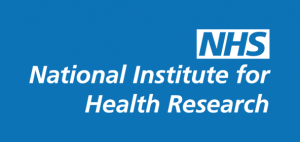



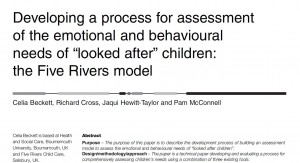
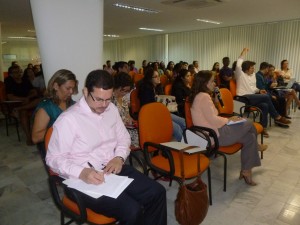
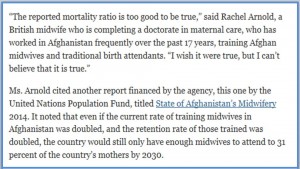

















 FHSS academics teaching in Nepal
FHSS academics teaching in Nepal New weight change BU paper
New weight change BU paper One week to go! | The 16th Annual Postgraduate Research Conference
One week to go! | The 16th Annual Postgraduate Research Conference Geography and Environmental Studies academics – would you like to get more involved in preparing our next REF submission?
Geography and Environmental Studies academics – would you like to get more involved in preparing our next REF submission? Congratulations to three former BU staff
Congratulations to three former BU staff MSCA Staff Exchanges 2024 Call – internal deadline
MSCA Staff Exchanges 2024 Call – internal deadline Applications are now open for 2025 ESRC Postdoctoral Fellowships!
Applications are now open for 2025 ESRC Postdoctoral Fellowships! Horizon Europe – ERC CoG and MSCA SE webinars
Horizon Europe – ERC CoG and MSCA SE webinars MaGMap: Mass Grave Mapping
MaGMap: Mass Grave Mapping ERC grants – series of webinars
ERC grants – series of webinars